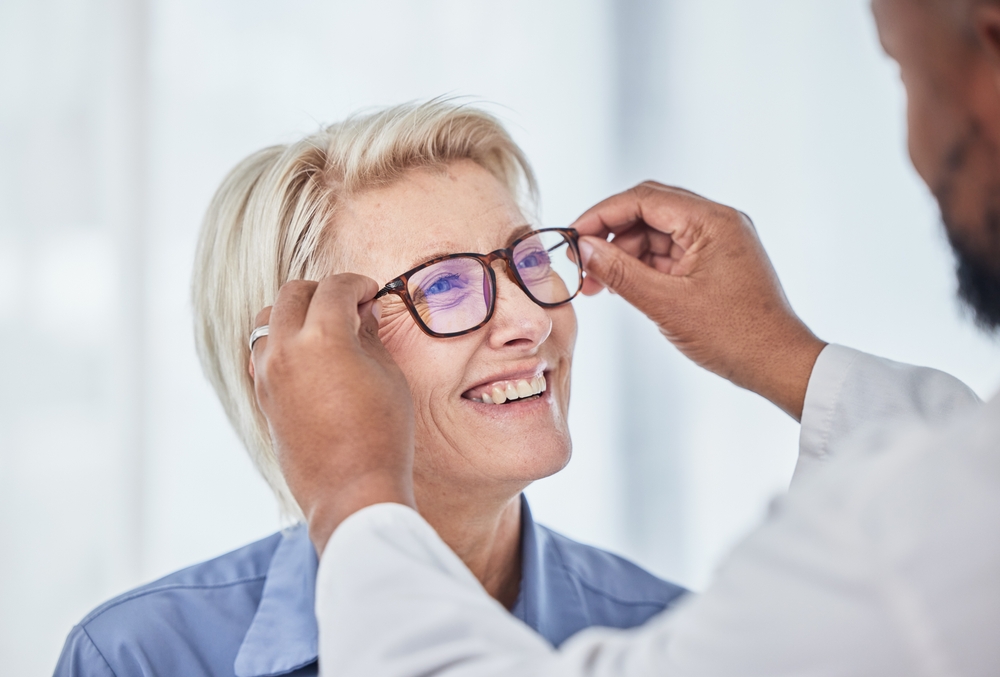
The American Academy of Ophthalmology advises seniors to maintain regular eye checkups. Good eyesight is important for basic activities, such as reading and driving. Changes in eyesight become significant when aging is at its peak. That is why seniors must have regular eye exams. Knowing how often seniors must see an eye doctor can help them prepare for each appointment. Here are the details.
Annual Eye Exams
Maintaining these eye appointments can help you see better for a longer time. Be honest with your eye doctor about the vision changes that you experience or any worries about your eyesight. Even small changes can cause significant damage later on. Detecting eye problems early often leads to early treatments. Maintaining these appointments can help correct your eyesight or slow down the progress of serious eye diseases. Seniors need to have regular vision and eye health support for more independence.
Younger people sometimes choose not to see the eye doctor for years until they start to experience a serious eye condition or a sudden eye injury, but they too should have regular, yearly eye exams to ensure they are seeing optimally. As a person gets older, eye problems can develop slowly. Some of them do not have symptoms until it impairs vision. A person over 60 years old must see an eye doctor to make sure the aging eyes stay healthy and functional. For anybody of any age, if a sudden vision change occurs in between their yearly eye exams, do not wait for the next scheduled appointment to be seen. Schedule an eye exam right away because it could be sight threatening.
If You Are at Least 60 and Still Driving
Many seniors still prefer to drive on their own. Doing so gives them a sense of freedom and independence. But eye diseases and vision changes can make driving dangerous. Seeing an eye doctor each year can keep your vision good enough for driving. The following vision changes can affect the way a senior individual drives:
Peripheral vision loss
The street signs appear blurry
Colors appear less distinct
Difficulty seeing things up close
Adapting to glare from headlights and sunlight
Inability to see at night or in dim lighting
Age-related Eye Conditions That Seniors Must Avoid
Studies show that older people can continue to have clear vision. Seeing an eye doctor for regular eye exams can help achieve this goal. Maintaining healthy eyesight can prevent serious age-related eye diseases. Here are some of them:
Diabetic retinopathy can cause cloudy vision and blindness
Glaucoma is a group of eye diseases that causes tunnel vision and blindness
Cataracts cause the natural lenses of the eyes to become cloudy
A dry eye is a condition in which the eyes lack lubrication
AMD (age-related macular degeneration) causes the loss of central vision, including details and colors
Retinal detachment is a condition involving the separation of the retina from the tissue underneath
Seniors have a greater risk of developing any of the mentioned age-related eye diseases. A family history of eye diseases, such as glaucoma, increases a senior individual’s risk. Taking maintenance prescription medications can result in side effects related to eye health. A previous eye injury or eye surgery also counts.
Aging can result in serious eye conditions if the minor eye issues do not receive early treatments. At Paradise Canyon Eye Care, we encourage our elderly patients to come in each year for comprehensive eye exams. These regular eye checks can help them maintain good eyesight for daily activities. Please visit our clinic in St. George, Utah, for a one-on-one consultation.
Call Paradise Canyon Eye Care at 435-656-2003 to set an appointment or inquire about our senior eye care packages.







